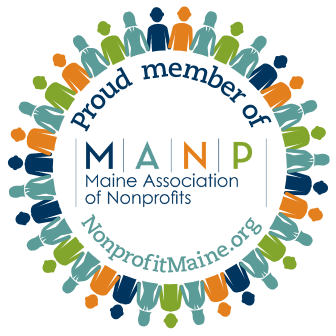When you’re a student, you work to achieve the highest possible GPA. When you graduate, I’m sorry to say, that number doesn’t really matter.
When it comes to getting a job, employers don’t want to know what you did, they want to know what you can do. Here are 9 real-life skills that you can pick up in college – that will actually mean something in the real world.
1. Knowing how you learn
At some point during college, you should be able to determine how you best learn and retain information. Some people need to see it, some need to hear it, some need to write it and some need to practice it before it sticks. As an employee, you’ll need to learn new things as you go, remember them and prove you’ve absorbed the information—so knowing how you do this best will help you on the job.
2. Applying theory to real-life situations
It’s one thing to be able to recite the 4 Ps of marketing or draw the purchase decision funnel, but you’ll rarely be called upon to display your knowledge this way in the workplace. What you will need to know how to do: take fundamental information and proven best practices and apply them in new situations or projects.
3. Time management
By the time you graduate, hopefully you’ll have learned how much time you need to research and write a paper, get to your classes and jobs on time, fit a workout in your day and still have something of a social life. Time management is a vital skill, which you will need in your professional life to meet deadlines, tackle to-do lists and get things done without burning yourself out.
4. Relevant professional experience
Instead of always studying to get that 4.0, take a job or internship, participate in a student organization or volunteer for projects in your industry. Relevant, hands-on work in your field can help you learn about what you want to do (or in some cases, what you don’t want to do) and pick up important skills and experience. These will be a much better indicator for your potential in a real job.
5. Create a portfolio
Keep samples of your work from internships, volunteer positions or relevant jobs. Your forethought will impress employers who often want to see your work before hiring you—or will be impressed you provided it. If you’re not building a portfolio through class requirements, create one on your own time. Practice writing articles, press releases, pitches; designing publications; compiling clip reports or research summaries; or anything else you might be hired to do.
6. The ability to give and receive feedback
As an employee and a co-worker, you’ll be called upon to give and receive praise and criticism. You’ll participate in employee reviews with your boss and often receive comments from clients, so the ability to hear different types of feedback, internalize it and adjust accordingly will matter to your job performance. You also need to know how to give both positive and negative feedback to others, when you collaborate with colleagues.
7. Writing skills
Too many students leave college lacking solid writing ability. Focus on developing this skill, because it will matter in everything from reports to pitches to emails.
8. Presentation skills
Whether you’re offering to lead a group in a class or presenting projects as part of an internship, you are gaining crucial experience. Being able to convey ideas clearly and speak confidently in front of others will be an important part of your professional life.
9. Your network
You’ve heard “Who you know is more important than what you know,” right? It’s true. Start building your network while you’re still in college. Meet new people, maintain your relationships and help others by making introductions. You are most likely to find job opportunities through your network.
These are skills you can learn in your college classes, even if they’re not always sketched out in your syllabus. And these are the skills employers look at, not at your grades.




